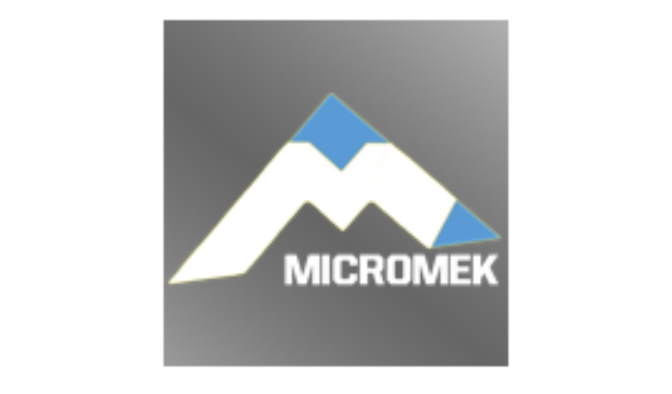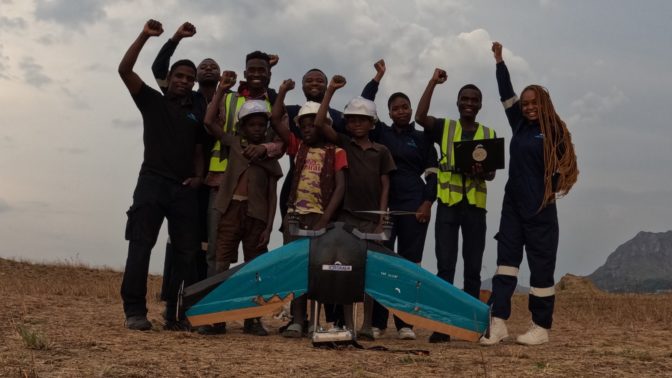MicroMek
MicroMek builds low-cost, autonomous drone aircraft for the delivery of medicine and medical diagnostics for young children and pregnant women in hard-to-reach areas of Malawi.


What we should know about you
Questions answered by Dumisani Kaliati, Founder and CEO of MicroMek
1. Imagine yourself 5 years ago in comparison to the situation you are in today. Which achievements surprise you the most?
Five years ago, it seemed only imaginary that drones could be used in humanitarian work to deliver some of the most critical medical supplies to remote areas. I remember sharing my vision and dream to my network saying “we need to invest in drone technology, they are a great solution to challenges such as ensuring that medical diagnostics reach people who are living in remote areas. Because these populations are hard to reach, they are often the ones who are in greater need of quality healthcare”.
It’s 5 years down the line now and it’s amazing to see us developing over 15 advanced drone technology that is testing delivery of medicine, covering over 45 km of flight distances with 1-3 kg of needed medical diagnostics. It’s even more inspiring to see well-established local and international organizations supporting our vision by providing us with access to finance and business networking to help grow our business, and the likes of UNICEF that are creating humanitarian drone corridors and drone academies to train the next generation of local drone operators in Malawi.
2. What was a troubling time that you managed to overcome?
As a hardware start-up in a low resourced country like Malawi, and as a local pioneer of humanitarian drone technology in Malawi, it was quite challenging to convince potential partners that we can locally develop humanitarian drones that could be used to deliver medication in hard-to-reach areas, and to a population that often needs quality health care.
The establishment of the humanitarian drone testing corridor in Kasungu, Malawi, which is the first of its kind in Africa, and the only one dedicated to humanitarian operations that was set up by UNICEF and the Government of Malawi in 2017, proved that our solution was feasible and one that can help contribute to progress on SDG 3 (Good Health and Well-being) by increasing coverage of essential health services, as called for in SDG target 3.8, among the most disadvantaged populations. This saw international private drone companies and international universities coming to Malawi to test their drone solutions in the humanitarian drone corridor and gave us an opportunity to learn from them.
This also provided a platform for potential partners to start investing in our solution to continue our research and development through business skills incubation and access to financial resources.
3. What drives you personally to keep your social business running?
To be a social entrepreneur is to be people centric, and that means putting the needs of the communities you intend to serve first, before your own.
As someone coming from a tech background, I always wanted to see my technology skills making a social and positive impact through the technology and prototypes I build. I also realized from day one that it will probably take a very long time before I realize any substantial revenue from my social venture. Removing the aspect of making money from the early stages of my social entrepreneurship journey, helped me to keep going even when we had not enough financial resources to keep our vision going.
The major force for keeping our social business running is the prospect of seeing local women and young children in hard-to-reach areas of Malawi and other parts of Africa, receiving medicines and medical diagnostics through the drone technology we build.
Additional achievements
Awards
- 2022 – Airtel ZiliMaife Campaign, A Community Hero Award
- 2022 – Segal Family Foundation, Social Innovators Incubation Award
- 2021 – African Drone Business Challenge Award, by the African Drone Forum
- 2021 – Siemens Stiftung E-Mobility Innovation Call
- Goalkeepers Youth Action Accelerator Award, CIVICUS & Bill and Melinda Gates Foundation
- United States African Development Foundation (USADF) YALI Business Challenge Award